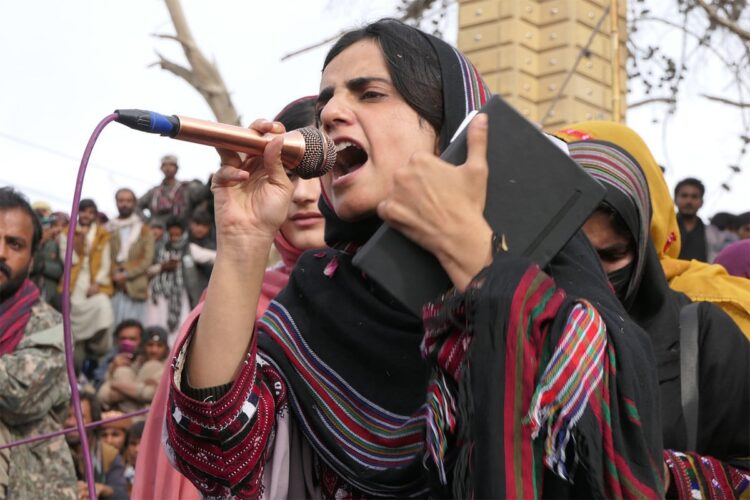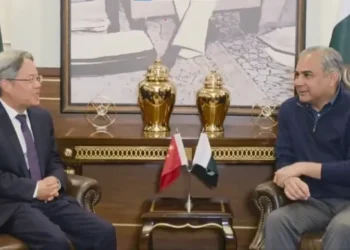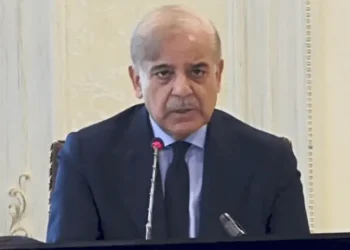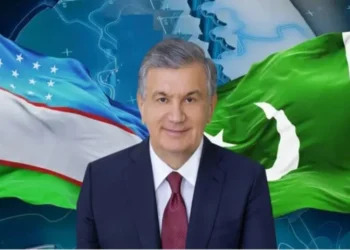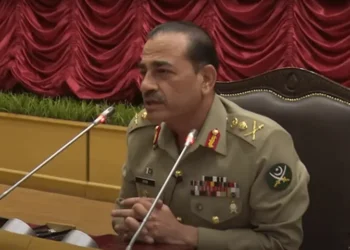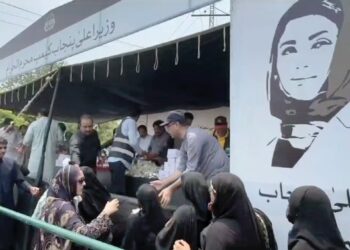QUETTA/ISLAMABAD; In the latest development in the state’s ongoing crackdown on the Baloch Yakjehti Committee (BYC), an anti-terrorism court (ATC) in Quetta on Saturday extended the police remand of Dr Mahrang Baloch and several other organisers for another 20 days.
The extension marks the fourth consecutive custodial period for the BYC leader since her initial arrest in March, reflecting a widening confrontation between state authorities and Baloch rights activists.
Dr Mahrang and other BYC members were originally detained following a protest outside Quetta’s Civil Hospital, where they had rallied against enforced disappearances.
Authorities accused them of inciting violence and attempting to disrupt public order. Since then, they have remained in custody under Section 3 of the Maintenance of Public Order (MPO), a legal provision that allows for preventive detention without formal charges.
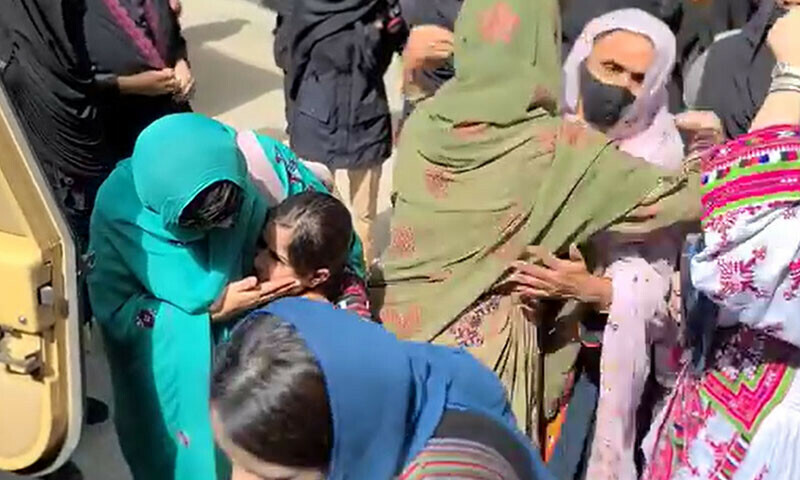
At the latest hearing, presided over by ATC Judge Muhammad Ali Mubeen, the court approved a 20-day extension of police remand, despite a 30-day request from law enforcement. Defence lawyers Israr Baloch, Shoaib Baloch, and Awais Zehri represented the detained activists.
The decision drew swift criticism from rights advocates and Baloch civil society. Activist Sammi Deen Baloch termed the repeated remands a “dangerous judicial trend” and likened the actions of the courts in Balochistan to colonial-era governance tools used to silence dissent.
The Baloch Yakjehti Committee, formed in 2018, is a rights-based collective that has led high-profile campaigns across Balochistan and Islamabad against enforced disappearances, alleged extrajudicial killings, and state violence.
While BYC is not designated as a terrorist group by the National Counter Terrorism Authority (NACTA), several of its leaders — including Dr Mahrang — are listed as proscribed individuals, allowing the state to restrict their movement and freeze assets without trial.
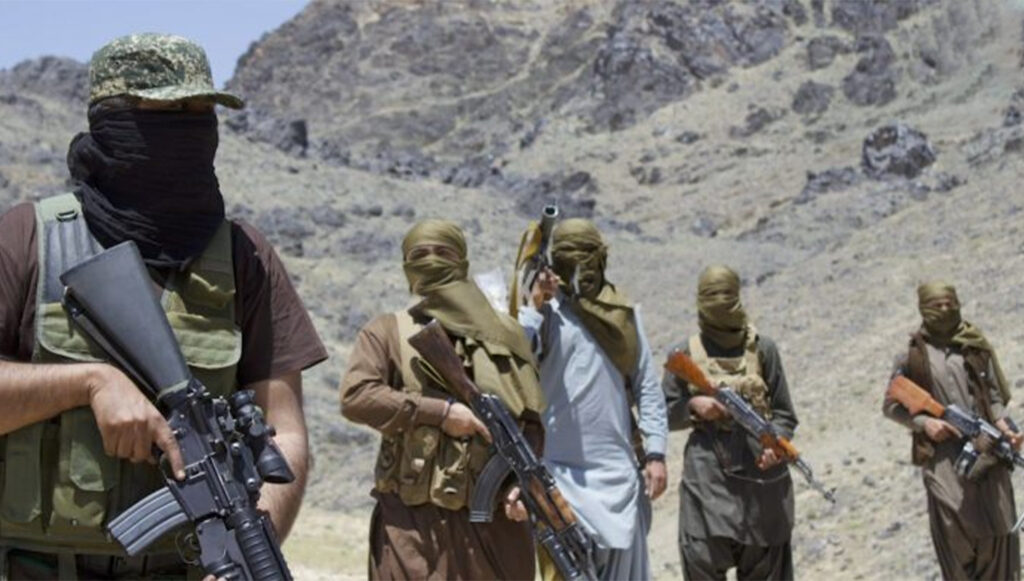
Security officials allege the group exhibits “soft ideological linkages” with banned insurgent outfits, notably the Baloch Liberation Army (BLA), which has carried out deadly attacks targeting military installations and Chinese interests in Balochistan.
While BYC denies any organisational connection, officials point to overlapping narratives, particularly on Baloch rights, state repression, and resource control. Critics argue this framing is being used to justify suppression of non-violent political activism.
In the face of growing state pressure, the BYC launched a peaceful sit-in protest outside the National Press Club (NPC) in Islamabad in mid-July. The demonstration, now in its third week, is demanding the immediate release of detained leaders and an end to enforced disappearances. Families of missing persons — including elderly women and young children — have joined the sit-in, many of them long-time campaigners for justice.

Authorities in Islamabad have responded with tight restrictions: surrounding the protest site with barbed wire and police vehicles, denying tents or shelter, and blocking access to the NPC.
Protesters have been left exposed to extreme weather, forced to sleep on the pavement amid heavy surveillance. BYC activists report being profiled and harassed by police, especially young male students. Yet, despite these challenges, the demonstrators remain defiant.
The protest has reignited debate over civic space and judicial independence in Pakistan’s conflict-hit Balochistan province. Legal pleas for the release of detained BYC members have been rejected repeatedly by the Balochistan High Court, deepening concerns about the use of preventive laws and anti-terrorism statutes to clamp down on peaceful dissent.
As tensions escalate, observers warn that conflating peaceful activism with insurgency risks radicalising youth and further alienating communities already reeling from years of violence, neglect, and repression.




















































